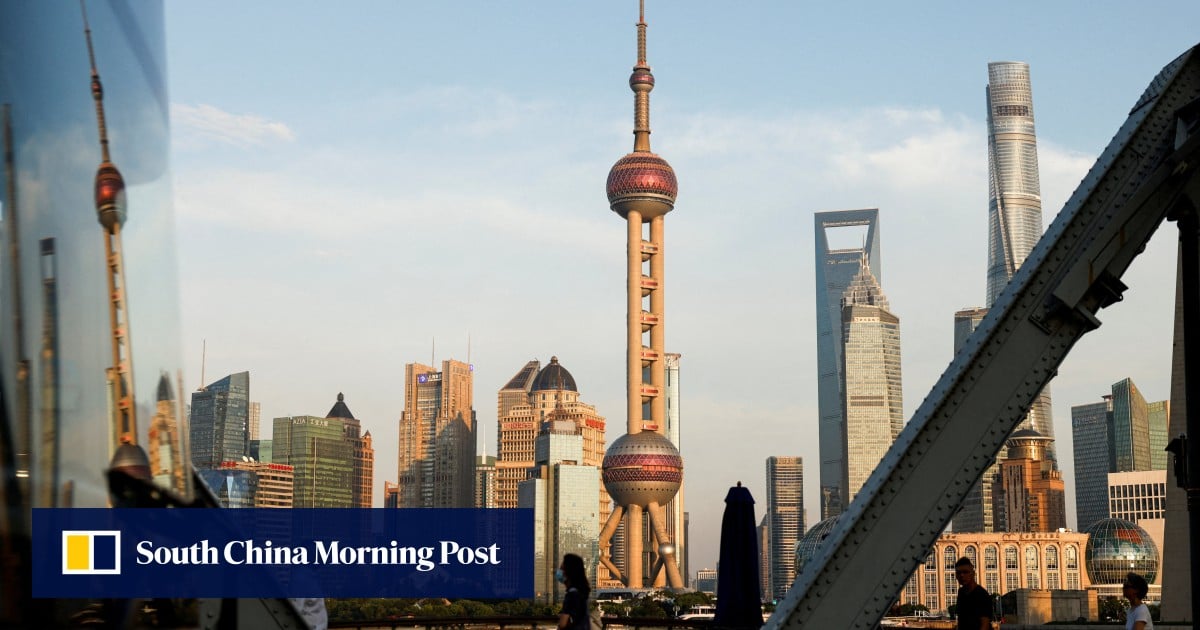The city aims to establish itself as a center of “global influence” for medical AI before 2027, the city government said earlier this week. Strategies outlined in the biennial workplan include deepening exploratory research and creating clusters of computing power and biodata platforms.
Shanghai hopes to address technological challenges in areas such as large models and computing power, according to the plan. It will also boost the adoption of AI in areas such as clinical healthcare and traditional Chinese medicine, the local government said.
Companies and research institutes in China are exploring the use of AI in healthcare amid rapid advancement of technologies such as large language models (LLM), which underpin AI services generative such as ChatGPT from the American start-up OpenAI.
Large AI models, for example, can suggest diagnosis and treatment plans based on clinical data and patients’ medical records, according to the Shanghai plan. Technology can also strengthen consultation platforms focused on traditional herbal medicine, policymakers said.










